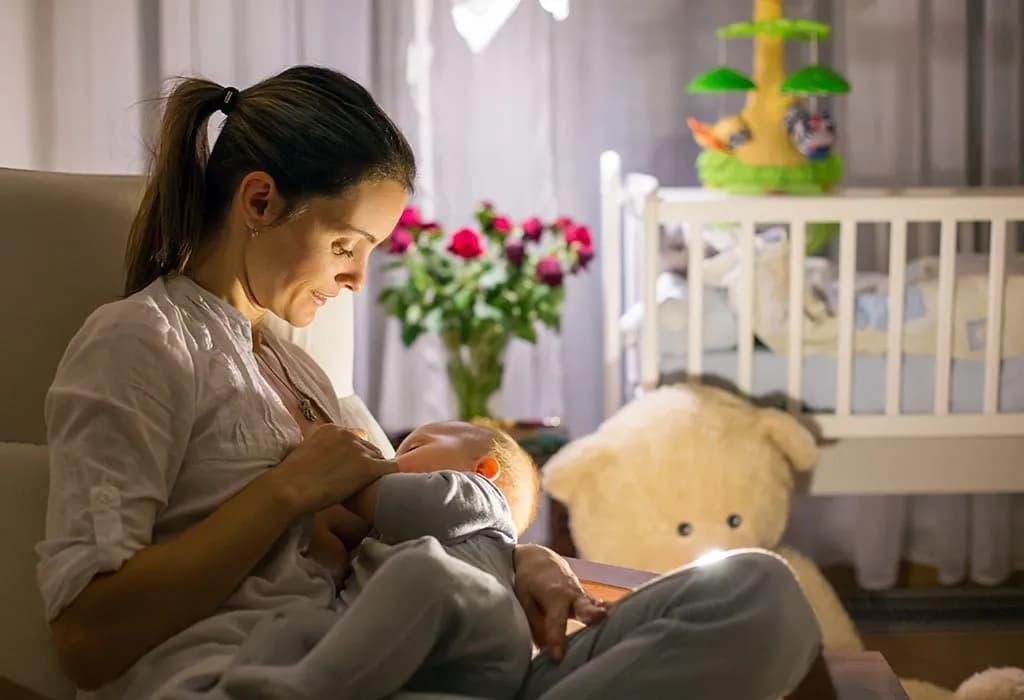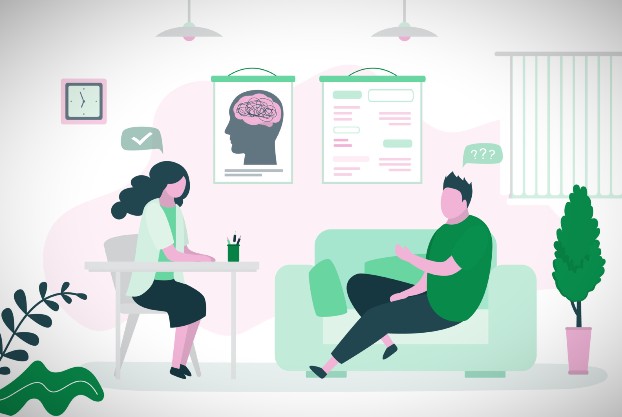There are many myths and misconceptions about endometriosis and pregnancy, and these myths worry many women with endometriosis about their ability to conceive. You may have all the reasons to worry, but you shouldn’t worry too much because the problem may not be as big as you think.
This article will help you know the truth about endometriosis and pregnancy and relieve you of too much worry. Before we look into the facts about endometriosis and pregnancy, let’s understand what endometriosis is.
What is endometriosis?
Endometriosis is a condition where tissue resembling the tissue that lines inside the uterus grows outside the uterus on the pelvic organs like the ovaries, fallopian tubes, bladder, etc.
Because this endometrial-like tissue grows around the uterus, endometriosis is usually characterized by pelvic pain, acute menstrual cramps, and pain during or after sex. For these reasons, endometriosis can sometimes affect your ability to get pregnant.
According to the National Library of Medicine, 2 to 10 percent of fertile women with endometriosis trying to get pregnant will be successful.
After understanding endometriosis, let’s look at some valuable information about endometriosis and pregnancy.
Does it take longer for women with endometriosis to become pregnant?
There is little research about this, but some theories relate endometriosis to delaying pregnancy. The primary idea is that endometrial-like cell causes pelvic inflammation that, in turn, impedes the hormones responsible for becoming pregnant.
Another theory is that the scar tissue resulting from endometriosis may block the ovary from releasing eggs and the fallopian tube, which may cause a delay in becoming pregnant in women.
Can endometriosis cause ectopic pregnancy?
An ectopic pregnancy is a pregnancy that occurs when a fertilized egg embeds outside the uterus.
There is research linking endometriosis to ectopic pregnancy. Endometriosis forms scar tissues in the fallopian tube, and the damage to the fallopian line increases the risk of having ectopic pregnancy in women with endometriosis.
Can endometriosis symptoms get better or worse during pregnancy?
Endometriosis causes heavy and painful menstrual bleeding. Women don’t experience a menstrual period while pregnant, meaning pregnancy can temporarily stop endometriosis.
Some women produce excess progesterone during pregnancy, suppressing endometrial growth, thus reducing the symptoms of endometriosis.
In other people, the pregnancy may worsen the situation. As the baby grows, the uterus expands, pulling the endometrial-like tissue, which can cause aches and pain. Also, pregnancy increases the estrogen level in the body, leading to the growth of endometrial.
People have different experiences during pregnancy. Your body produces hormones and responds to pregnancy can make endometriosis conditions better or worse.
Can sexually transmit infections cause endometriosis?
When untreated, sexually transmitted infections like chlamydia trachomatis can move to the genital tract increasing the risk of developing endometriosis.
Can breastfeeding reprieve temporarily from endometriosis symptoms?
Yes. Breastfeeding restrains the body from releasing estrogen, and estrogen prevents the release of an egg from the ovary, thus thwarting endometrial growth. For this reason, breastfeeding mothers usually have less pain due to endometriosis.
But, once your menstrual cycle resumes and you start ovulation, the symptoms may worsen.
Does endometriosis cause infertility?
Infertility may not entirely cause infertility, but it can reduce your chances of getting pregnant. This is because patches of endometriosis continuously grow, and they can block the reproductive organs making it hard to get pregnant. Apart from blocking, they can also damage these organs.
Though there is little research about endometriosis, to some extent, it can lead to miscarriage, infertility, ectopic pregnancy, etc. Therefore, if you experience any symptoms suggesting endometriosis, see your doctor.








